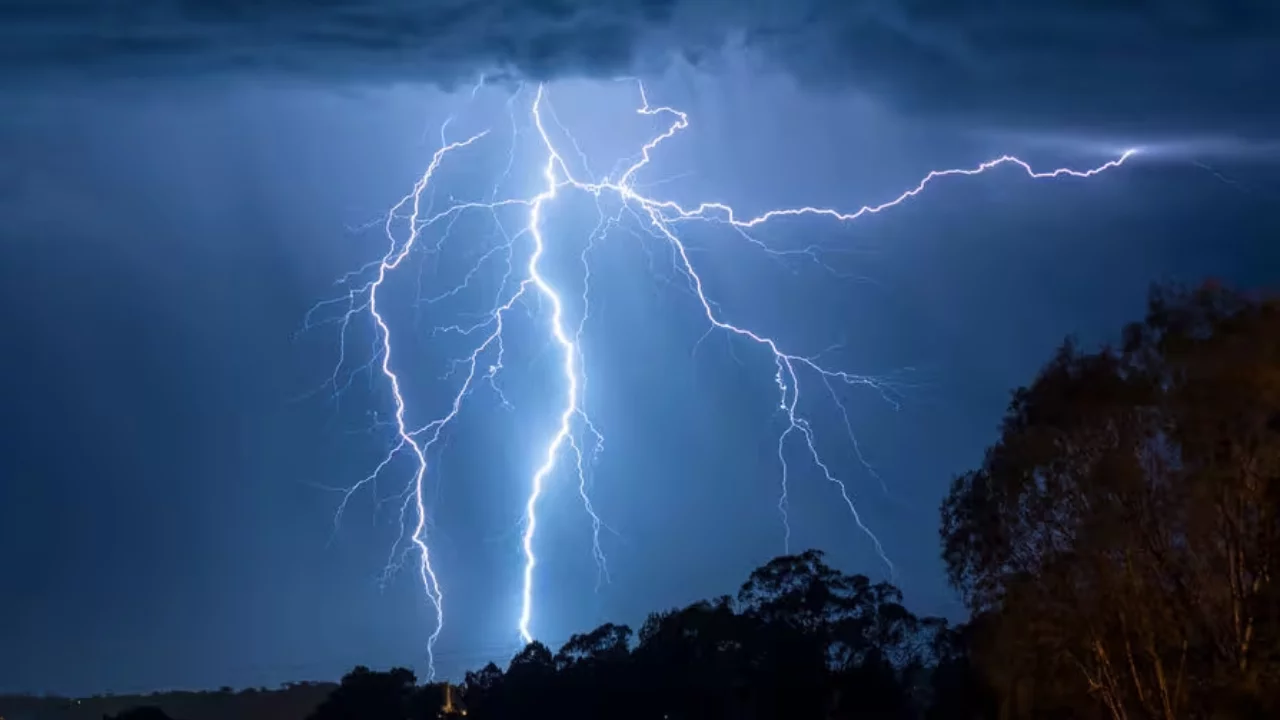
The tragic incident that occurred in India’s Chhattisgarh state once again demonstrated how ignoring natural phenomena can lead to severe consequences. In the Dhamtaria district, 30-year-old Rohit Kumar Sinha died after being struck by lightning. Most distressingly, he was talking on the phone at the time of his death.
According to reports, the deceased had left his home to supervise the construction of a toilet and was communicating with someone on his mobile phone. At that moment, a powerful lightning strike occurred, and the device exploded. This resulted in severe injuries.
Rohit was first taken to a nearby hospital, but due to the severity of his condition, he was urgently transferred to the district hospital. Unfortunately, he died on the way to the medical facility.
Relatives of the deceased said he went outside to inspect the construction in his yard after returning from work. According to doctors, magnetic elements in mobile phones can attract lightning. An electric discharge can cause the phone to explode, putting a person’s life at risk.
Such incidents have become more frequent recently. In April, it was reported that in Bihar state, India, 22 people died from lightning strikes during heavy rain.
Experts strongly recommend not using mobile phones outdoors during natural disasters, especially during rain and thunderstorms. The radiation from electronic devices can attract atmospheric electric discharges, which can be fatal.
Behind any technological convenience, there can be hidden dangers of carelessness. Learning to adapt to nature, rather than resisting it, is the best way to preserve human life. Read “Zamin” on Telegram!
Ctrl
Enter
Found a mistake?
Select the phrase and press Ctrl+Enter Related news
Information
Users of Меҳмон are not allowed to comment this publication.
Users of Меҳмон are not allowed to comment this publication.














